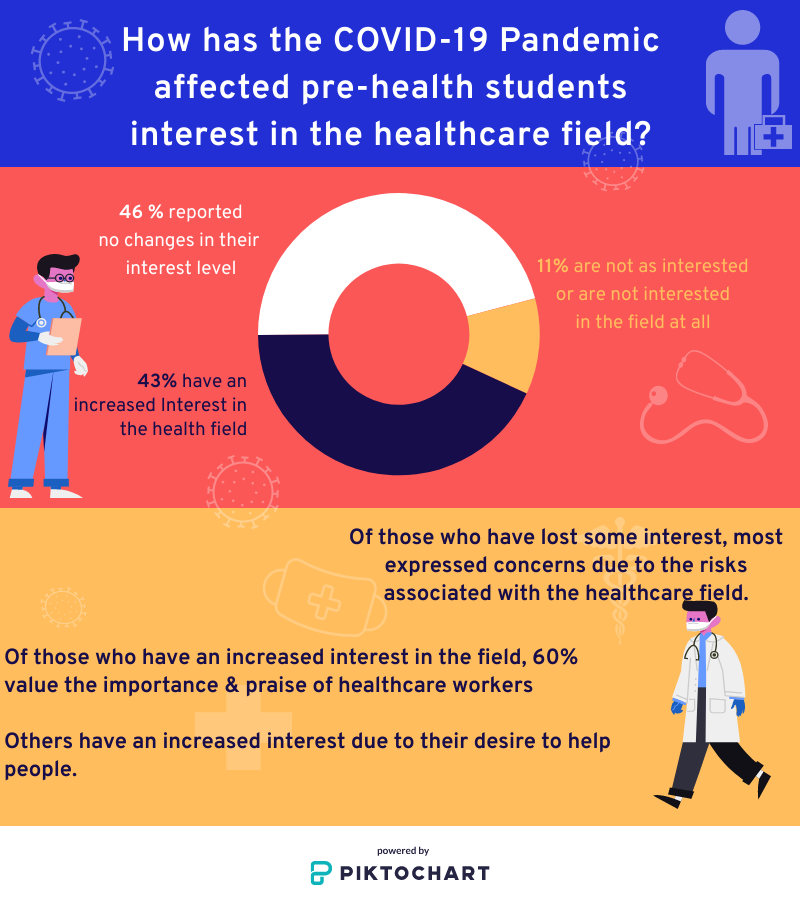Psychology Study Assessing How Health Care Providers and Students Speak to Patients with Mental Health Issues
Health care providers – and health care providers in training – will soon have a more informed understanding of how to talk to patients with mental health issues, thanks to a new Rutgers University–Camden study.

There are concerns among psychologists, Markey notes, that physicians and nurses get very little training about mental health and how to talk to patients about sensitive issues – including their weight. Photo by Caryn Schwartz.
Researchers Charlotte Markey, a professor of psychology, and Kristin August, an associate professor of psychology, will pay particular attention to how providers discuss mental health issues as they relate to body image, eating, and weight.
“There are some concerns among psychologists that physicians and nurses get very little training about mental health and how to talk to patients about sensitive issues – including their weight,” says Markey. “This, combined with medical visits often being very short these days, can leave patients feeling like their providers don’t understand them and their health care needs.”
The study asks participants whether they discuss certain issues with their patients related to behavioral/mental health – among them, weight, body image, health behaviors, and mental health – as well as why they may or may not discuss these issues.
“We are also asking providers about their own mental health experiences to see if these impact their interactions with patients,” says August.

August notes that they are also asking providers about their own mental health experiences to see if these impact their interactions with patients.
According to the researchers, the study will delve into these mental health issues as they relate to the nature of health care in the midst of the COVID-19 pandemic. Given the context in which these providers are practicing, they note, it is imperative to understand how COVID-19 has affected their interests in practicing.
Moreover, August and other collaborators are conducting additional research on the Rutgers–Camden campus to further understand how students’ views about pursuing a career in health care have changed, what challenges they are experiencing, and what campus resources are available to help students meet these challenges.
Their preliminary data find that 46% of respondents reported no change in their interest level, 43% reported an increased interest in the health field, and 11% said they weren’t as interested or not interested at all in the health field. In addition, of those who lost interest, most expressed concerns due to the risks associated with the health care field.
The researchers note that they are surprised to find how many respondents – comprised of nursing and medical students – are still interested or even more interested in a career in health care.
“This is very encouraging, as we obviously need a large pool of future health care providers to be ready for and excited about joining the field in the context of a pandemic,” says August.

Researchers are also exploring if the COVID-19 pandemic has changed studentsâ views about pursuing a career in health care.
According to the Rutgers–Camden researchers, they hope that their findings can help shed some light on how health care providers are being trained to discuss vital mental health issues with their patients. They also hope that the data can guide intervention programs designed to inform medical and nursing training around mental health issues and interpersonal skills in medical settings.
“Research suggests that if patients don’t feel understood by their providers they are less likely to follow prescribed regimens,” says Markey.
August and Markey hope to conclude the survey by the end of the spring semester, with plans to finish analyzing the data and publish their findings by the fall.
The Rutgers–Camden researchers are currently seeking additional nursing or medical students, or practicing nurses or physicians, to participate in the study. Those interested in participating are asked to fill out a brief screening questionnaire.


